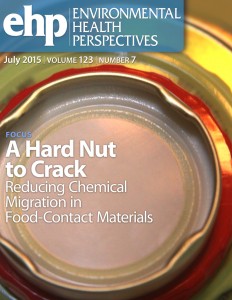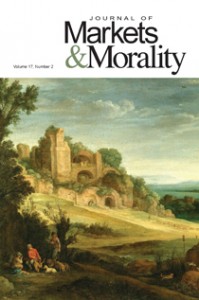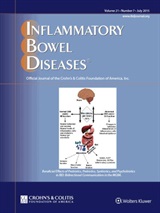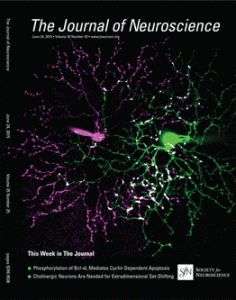
As a consequence for academic “negligence” which resulted in two retractions, biologist Jens Schwamborn was banned from seeking funding from German funding agency DFG for one year.
The ban — which ended in March, 2015 — was the result of an investigation by DFG and the University of Münster, which reviewed the issues that led to retractions of two papers about neuron development, one in The EMBO Journal, and another in the Journal of Biological Chemistry.
Here’s the official statement on the ban, sent to us by Head of Communications Britta Schlüter at the University of Luxembourg, where Schwamborn now works:
Continue reading “There has been negligence”: Biologist banned for one year by German funding agency

 A widely reported finding that the risk of divorce increases when wives fall ill — but not when men do — is invalid, thanks to a short string of mistaken coding that negates
A widely reported finding that the risk of divorce increases when wives fall ill — but not when men do — is invalid, thanks to a short string of mistaken coding that negates 





